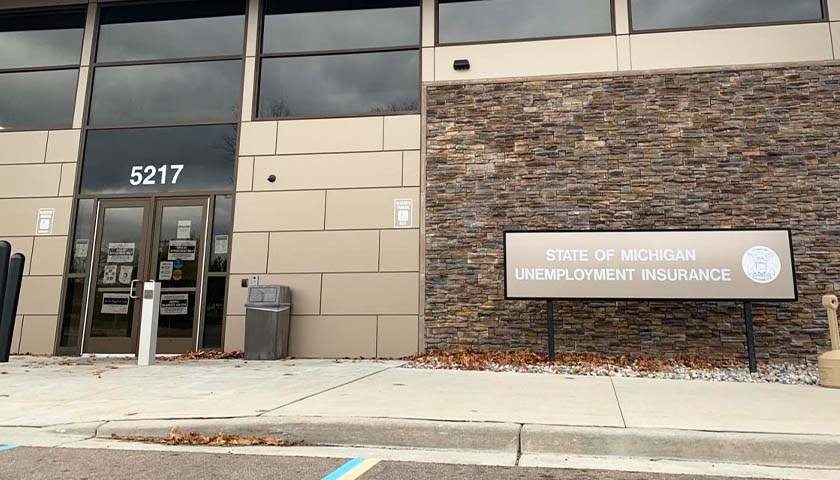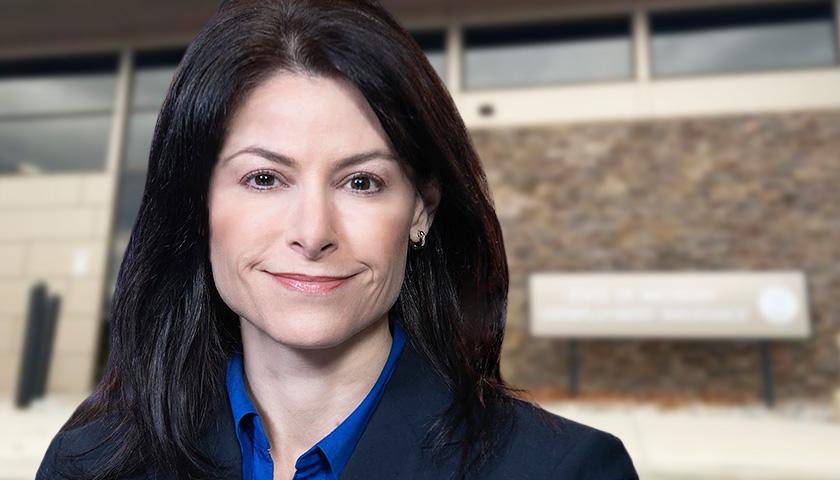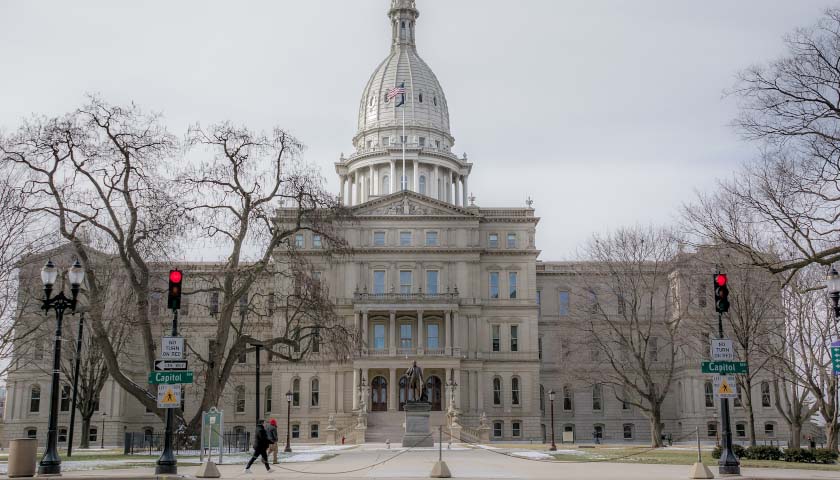by Scott McClallen
An audit released Friday from the Office of Auditor General Doug Ringler marked 11 “material conditions” – the most severe rating – for how the Michigan Unemployment Insurance Agency operated during the pandemic, which resulted in losing billions of taxpayer dollars.
The audit found the UIA couldn’t support the appropriateness of $10.2 billion in Pandemic Unemployment Assistance payments, mostly because it added invalid eligibility criteria in the PUA application and didn’t require some PUA claimants to certify they met federal eligibility criteria.
House Republican Leader Matt Hall, of Richland Township, said the audit shows the agency wasted billions of taxpayer money.
“The shift of power in state government is no excuse to sacrifice accountability,” Hall said in a statement. “When the people of Michigan were struggling, the unemployment agency failed jobless workers who really needed help, cut corners, and wasted billions of taxpayer dollars to fraud and mistake.”
The audit released Friday is the fourth in a series of five started in 2020 after lawmakers requested a review.
The UIA paid $8.3 billion in PUA claims for benefit weeks ended February 8, 2020 through June 27, 2020 without requiring claimants to certify they met one of the 11 federal eligibility criteria, because UIA didn’t include the criteria on its weekly continued claim certification form during this period.
The audit confirmed the UIA reassigned investigation staff and removed much fraud detection to expedite payments at the expense of accuracy. Seven other findings follow:
- Although UIA made billions of dollars of fraudulent overpayments in various unemployment programs, it identified that only 28 PUA claims, totaling $342,000, resulted from intentional misrepresentation by claimants.
- The UIA became aware of 314,000 PUA claimants without prior qualifying employment. Although it paid at least $3.3 billion in benefits to them, UIA did not take timely action to limit further overpayments or begin collection efforts.
- The audit said the UIA changed its criteria for flagging benefit payments needing a manager review prior to release. This allowed high-dollar and high-risk benefit payments without review, and some managers’ reviews were ineffective because UIA did not provide adequate training and guidance.
- The audit found the UIA didn’t timely follow up on claimants who received Unemployment Compensation benefits and earned wages during the same quarter. The delay means the UIA may not be able to recoup improper benefits.
- UIA programmed Michigan’s Integrated Data Automated System to automatically approve an increased weekly benefit amount based on the claimant’s self-attestation of earnings. However, it did not review the appropriateness of income documentation submitted by claimants with their initial PUA applications before approving the increase.
- The UIA should have required claimants to seek work in November 2020; however, it did not do so until the benefit week ended June 5, 2021, or seven months later.
- The audit found the UIA didn’t respond timely to claimants’ communication during much of the pandemic. When the UIA did hire more employees, it staffed the call center but didn’t ensure contractors monitored new and inexperienced staff. A previous audit found the UIA didn’t train many of its employees, and it didn’t screen more than 5,000 employees, some of which were convicted felons.
Hall said that oversight must continue.
“Oversight is more crucial now than ever,” Hall said. “This is no time for Democrats to let the foot off the gas and let down the people of our state who were harmed by the unemployment agency’s incompetence and who are still at risk. And before there’s any discussion of expanding unemployment benefits, step one must be fixing the system to prevent fraud. Expanding the broken system would let fraudsters steal even more from Michigan taxpayers.”
– – –
Scott McClallen is a staff writer covering Michigan and Minnesota for The Center Square. A graduate of Hillsdale College, his work has appeared on Forbes.com and FEE.org. Previously, he worked as a financial analyst at Pepsi.
Photo “Doug A. Ringler” by Office of the Auditor General.




